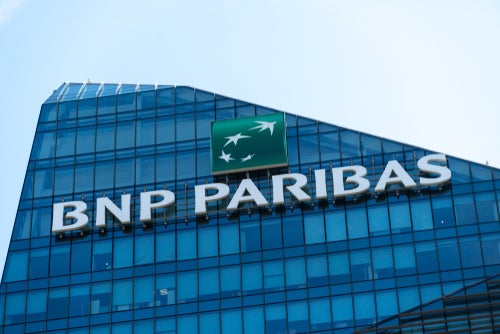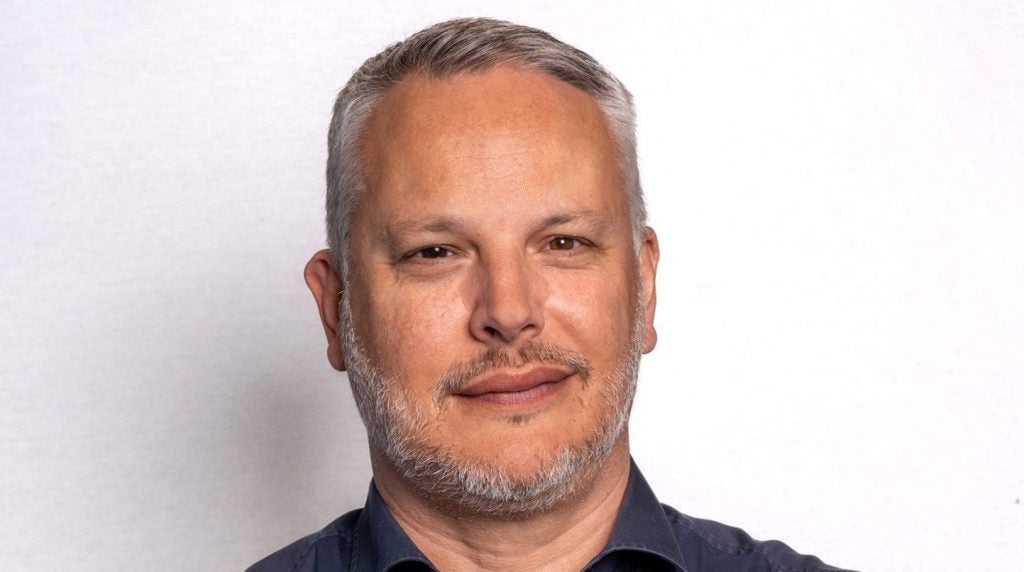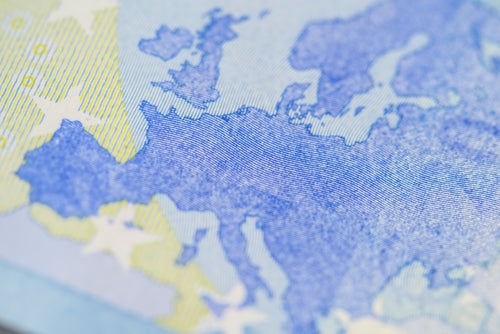
BNP Paribas Posts Stable Revenues, Leasing on the Rise
France’s biggest bank by assets (and European lessor parent) BNP Paribas posted a net profit fall of -13.5% for full-year 2020 (to €7.07bn) versus 2019, yet its motor finance saw its fleet grow 7.3% YoY and its leasing division incurred an almost 2% rise in outstandings, during the global pandemic.
The bank’s revenues were stable at €44.2bn, down only 0.7% on 2019 figures, and costs were down by €1.1bn, meaning gross operating income, the difference between the two, was up +6.2% on 2019.
CET 1 ratio – a measure of the bank’s solvency – stood at 12.8%, up by 70 basis points from a year ago (and well above the 9.31% threshold set by the European Central Bank).
Lending
Loans outstanding jumped by €33bn, a rise of 4.4% compared to 2019. International financial services revenues were down by 7.2%.
The French lender also said its cost of risk had increased as a result of the Covid pandemic, and set aside a further €1.4bn in loan loss provisions.
It reported that more than 120,000 state-guaranteed loans were granted by the Group’s retail networks on 31 December 2020.
How well do you really know your competitors?
Access the most comprehensive Company Profiles on the market, powered by GlobalData. Save hours of research. Gain competitive edge.

Thank you!
Your download email will arrive shortly
Not ready to buy yet? Download a free sample
We are confident about the unique quality of our Company Profiles. However, we want you to make the most beneficial decision for your business, so we offer a free sample that you can download by submitting the below form
By GlobalDataArval and BNP Paribas Leasing Solutions
The bank’s five specialised businesses and domestic markets (Arval, Leasing Solutions, Personal Investors, Nickel and Luxembourg Retail Banking), achieved a strong increase in business activity, BNP said.
Revenues for the five businesses stood at €3.4bn, up by 7.7% compared to 2019, while operating expenses rose by 3.4% compared to 2019, to €1.9bn on the back of business development.
Arval’s financed fleet grew by 7.3%, compared to 2019, and used car prices held up well, the bank said. The business continued its digital transformation, changed its energy mix, and continued to sign new partnerships (Sixt and Cdiscount), the bank said.
BNP Paribas Leasing Solutions’ outstandings (the amount owned on lease agreements) rose by 1.9% compared to 2019.
In 2020 and for the 5th time, it was recognised as “European Lessor of the Year” at the Leasing Life Awards 2020.
CEO
Jean-Laurent Bonnafé, chief executive of BNP Paribas, said: “The world is now experiencing a health crisis that is unprecedented in its extent and duration.
“It has tested us, as it has tested all components of our societies. And, it has reminded us of the importance of values such as solidarity and inclusion.”
2021 forecast
Looking to the year ahead, BNP Paribas said its domestic markets “should consolidate its strong positions amidst an economic recovery by expanding loan volumes and accelerating the transformation of deposits into financial savings.
“The [specialised] businesses will intensify cooperation with the Group, in order to amplify commercial momentum and support the development of revenues, by leveraging in particular leadership in corporate, private banking and specialised business client segments.
“In particular, Arval will accelerate its drive with the 2025 objective of becoming the leader in sustainable mobility, financing 2 million vehicles, and generating €1bn in pre-tax net income.
“In addition, domestic markets will continue the digitalisation of its platform and offerings, as well as the industrialisation of its processes and journeys for enhanced customer experiences and operating efficiency.
“The network banks will thus continue to adapt their cost structures and branch set-ups to go with changes in customer behaviours.
“Domestic markets are expected to benefit from the rebound in flow businesses and specialised subsidiaries compared to 2020 levels, as well as increased momentum in specialised businesses. However, the persistent impact of the low-interest-rate environment should partly offset this momentum.”







